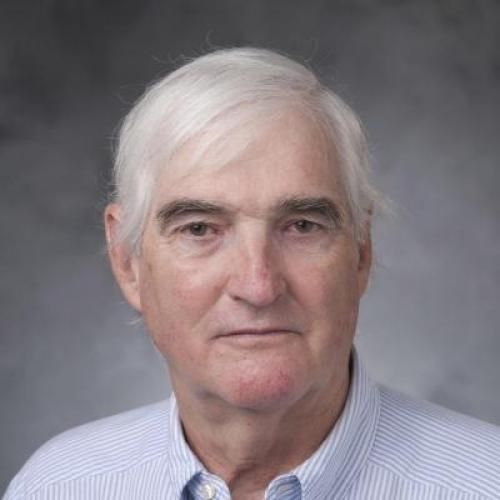Posttraumatic stress disorder, trauma, and accelerated biological aging among post-9/11 veterans.
People who experience trauma and develop posttraumatic stress disorder (PTSD) are at increased risk for poor health. One mechanism that could explain this risk is accelerated biological aging, which is associated with the accumulation of chronic diseases, disability, and premature mortality. Using data from 2309 post-9/11 United States military veterans who participated in the VISN 6 MIRECC's Post-Deployment Mental Health Study, we tested whether PTSD and trauma exposure were associated with accelerated rate of biological aging, assessed using a validated DNA methylation (DNAm) measure of epigenetic aging-DunedinPACE. Veterans with current PTSD were aging faster than those who did not have current PTSD, β = 0.18, 95% CI [0.11, 0.27], p < .001. This effect represented an additional 0.4 months of biological aging each year. Veterans were also aging faster if they reported more PTSD symptoms, β = 0.13, 95% CI [0.09, 0.16], p < 0.001, or higher levels of trauma exposure, β = 0.09, 95% CI [0.05, 0.13], p < 0.001. Notably, veterans with past PTSD were aging more slowly than those with current PTSD, β = -0.21, 95% CI [-0.35, -0.07], p = .003. All reported results accounted for age, gender, self-reported race/ethnicity, and education, and remained when controlling for smoking. Our findings suggest that an accelerated rate of biological aging could help explain how PTSD contributes to poor health and highlights the potential benefits of providing efficacious treatment to populations at increased risk of trauma and PTSD.
Duke Scholars
Published In
DOI
EISSN
Publication Date
Volume
Issue
Start / End Page
Location
Related Subject Headings
- Veterans
- Stress Disorders, Post-Traumatic
- Humans
- Educational Status
- DNA Methylation
- Aging
- 5202 Biological psychology
- 3209 Neurosciences
- 3202 Clinical sciences
- 1701 Psychology
Citation
Published In
DOI
EISSN
Publication Date
Volume
Issue
Start / End Page
Location
Related Subject Headings
- Veterans
- Stress Disorders, Post-Traumatic
- Humans
- Educational Status
- DNA Methylation
- Aging
- 5202 Biological psychology
- 3209 Neurosciences
- 3202 Clinical sciences
- 1701 Psychology


















